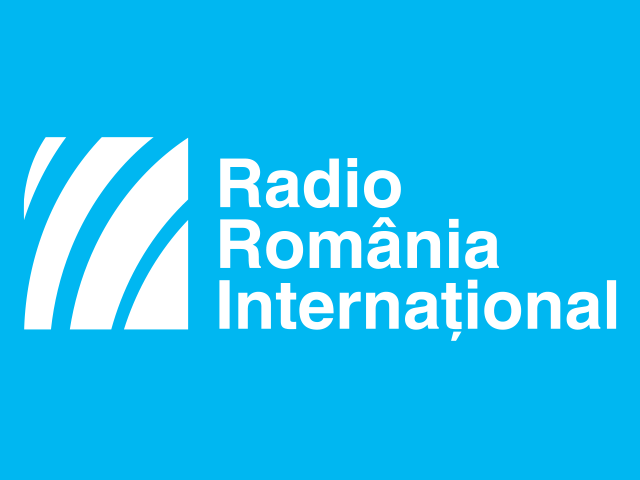Operation Villages Roumains
Operation Villages Roumains was set up abroad in 1988 to fight the destruction of Romanian villages by the communists.

Steliu Lambru, 03.07.2023, 14:00
The communist regime of Nicolae Ceaușescu wanted to transform Romania from an urbanistic point of view, a project it described as “the systematisation of cities, towns and villages”. This involved the demolition of entire areas of cities, including the capital Bucharest, most often for no use at all. Also implemented in villages, Ceaușescus systematisation was just as useless: his ambition was to demolish 7-8,000 villages of the countrys 13,000, the official explanation being so as to provide more farmland for agriculture. What sounded good in theory, namely a balanced development of the land, was a disaster in practice. The regime had already shown that it was incapable of managing a hypercentralised economy, which was making huge losses. No wonder then that it was incapable of carrying through such a daring project.
While the Romanians did not react to the systematisation because they were afraid of repression, those in the Diaspora did everything they could to hinder the project. In the final weeks of 1988, an association called Operation Villages Roumains was set up in Belgium, its aim being to save the countrys more than 13,000 villages. Soon, the association would see new branches being established in France, The Netherlands, Switzerland, Sweden, Britain, Italy, Spain, Norway and Denmark. It was an extraordinary example of European solidarity struggling to defend tradition and human rights.
The lawyer and political prisoner Dinu Zamfirescu, the journalist, translator and human rights activist Ariadna Combes, the daughter of the communist dissident Doina Cornea, and the historian Mihnea Berindei were the most active personalities involved in the association, but they were constantly supported by a very active group made up of Belgian and French journalists, photographers, lawyers, architects and graphic artists who laid the foundation of Operation Villages Roumains.
Radio Romanias Oral History Centre contains an interview with Dinu Zamfirescu dating from 2003. A former member of the National Liberal Party and journalist of the Romanian section of the BBC, he had fled communist Romania to live in France in 1975. The interview also covered his involvement in Operation Villages Roumains:
“We were involved for two years in the operation to save the Romanian villages. We would meet within the free Romanians group and make petitions and complaints, which is the only thing we could do. The three of us, together with Mihnea Berindei and Ariadna Combes, we travelled all over France and Europe for two years to advance our cause. We even travelled to Hungary in June 1989 to attend the re-interment of Imre Nagy and his friends, who were assassinated by the communists. There were cities in France where we would even hold up to six talks a day, in all kinds of venues: in schools, in public, everywhere. We also travelled to Britain, to Belgium, to Italy. We promoted our cause everywhere we went. Ariadna also travelled to Norway, and I went to Denmark. We were asked to go everywhere. There was a centre in Paris created around a French body, Médecins du Monde, and which was supported by people in Frances then Socialist government. They supported us and we were thus able to travel and represent the League for the Defence of Human Rights in Romania.”
Dinu Zamfirescu was dedicated to the movement to fight the destruction of Romanian villages until the very final moments of the communist regime, in December 1989. He went even further, coming to Romania in the very first days of freedom and bringing aid:
“As part of Operation Villages Roumain, we immediately took measures to help the Romanians in Romania. Together with Ariadna Combes and Mihnea Berindei, we accompanied a first batch of aid on board a French military plane that landed in Bulgaria on 26th or 27th December. I arrived on 28th or 29th, with the first Air France plane that was able to land at Otopeni, as the airport had been closed. I was with a French journalist who was herself involved in the League for the Defence of Human Rights in Romania and was specialised in Romanian affairs. My father was still living in Romania and I called and told him I would arrive, I didnt want to catch him by surprise, I could have given him a heart attack. So, I went with the journalist straight to his house. I knew nothing, having left Romania so many years before. I had a French passport and dual citizenship. This would open many doors for me at the time. People were ecstatic, everyone was waxing lyrical about the Romanian-French friendship.”
Operation Villages Roumain was an example of European solidarity in front of the abuse of a political regime that was abusive in every sense. Romanian villages were defended in the final years of the communist dictatorship by a handful of very determined people, who would eventually see their dream come true.






























